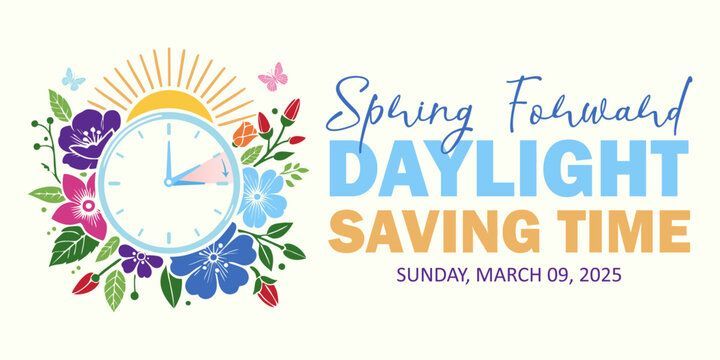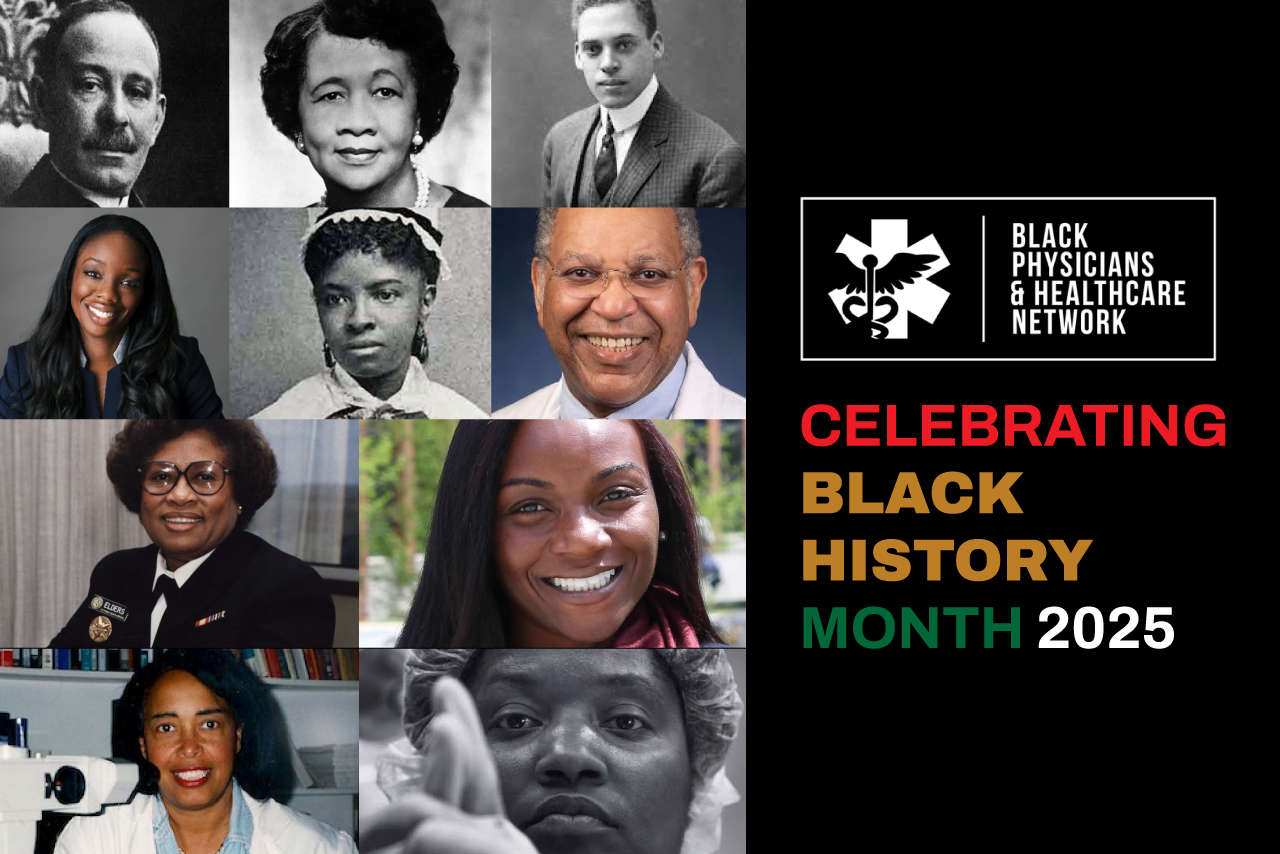How to keep your memory sharp as you age
As we age, it’s natural to worry about memory lapses or the prospect of cognitive decline. While occasional forgetfulness can be a normal part of aging, there’s plenty you can do to protect your brain health and keep your mind running smoothly. Simple, daily habits—ranging from what you eat to how you socialize—can reduce your risk of memory loss and dementia and help slow cognitive decline.
Adopting
a balanced diet
is one of the most effective ways to support brain health. Research shows that a Mediterranean-style eating pattern, rich in fruits, vegetables, whole grains, lean proteins, and healthy fats like olive oil, helps reduce inflammation and improve blood flow to the brain.
Including antioxidant-rich foods such as berries, leafy greens, and colorful vegetables can help combat oxidative stress, contributing to cognitive decline. Omega-3 fatty acids in fatty fish like salmon, flaxseeds, and walnuts are essential for maintaining neuron structure and communication. It’s also important to limit processed foods and added sugars, which are linked to impaired brain function and an increased risk of dementia.
Physical activity is another powerful tool for preserving memory. Aim for at least 150 minutes of moderate weekly exercise, such as brisk walking, swimming, or cycling. These activities enhance circulation and stimulate the growth of new brain cells. Strength training, done at least twice a week, has also been shown to support brain health by improving blood flow and reducing inflammation. Mind-body exercises like yoga and tai chi offer the added benefit of combining physical movement with mental focus, boosting mood and memory.
Keeping your brain engaged is just as important as exercising your body.
Mentally stimulating activities, such as puzzles, crosswords, or strategy games like chess, challenge your brain and help build cognitive reserve. Lifelong learning is another key strategy—picking up a new language, playing an instrument, or starting a new hobby can all create fresh neural pathways and enhance brain plasticity.
Sleep is often underestimated in brain health, but it plays a crucial role in memory consolidation. Adults should aim for 7 to 9 hours of quality sleep each night. Keeping a consistent sleep schedule—going to bed and waking up simultaneously each day—helps regulate your internal clock.
Stress management is essential for protecting your memory. Chronic stress can lead to elevated levels of cortisol, which may damage brain cells over time. Practices like mindfulness meditation, deep breathing exercises, or progressive muscle relaxation can help reduce stress and enhance mental clarity.
Staying socially engaged is more than just enjoyable—it’s vital for brain health. Regular interaction with friends, family, and community members can help ward off loneliness, a known risk factor for cognitive decline. Volunteering, joining clubs, or participating in group activities keeps the mind active and encourages a sense of purpose.
Managing your overall health is equally important. Conditions such as high blood pressure, high cholesterol, and diabetes can negatively impact brain function. Make sure to have regular check-ups and work with your healthcare provider to manage these conditions effectively. Hearing loss, often overlooked, is another contributor to cognitive decline, so be proactive in addressing any hearing concerns.
While food should be your primary source of nutrients, certain supplements may support brain health, especially in older adults. Vitamin B12 and vitamin D deficiencies are common and can contribute to memory issues. However, always consult a healthcare professional before beginning any new supplement regimen.
The good news is you don’t have to make all these changes at once. Start with one or two small habits—like adding a handful of berries to your breakfast or scheduling a weekly chess game with a friend—and gradually build from there. These simple steps can have a powerful cumulative effect, helping you keep your memory sharp, your mind engaged, and your brain resilient as you age.
Credit Meeri Kim How to keep your memory sharp as you age
https://www.washingtonpost.com/wellness/2025/03/31/alzheimers-dementia-prevention-exercise-engagement/










The BPHN program is a public-private partnership between Montgomery County’s Department of Health and Human Services (DHHS) and NCCF, funded primarily by the County with supplemental grants and donations secured by NCCF.
© copyright 2024 BPHN - All Rights Reserved Privacy Policy






